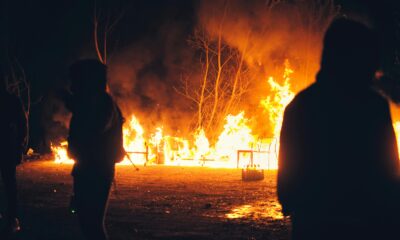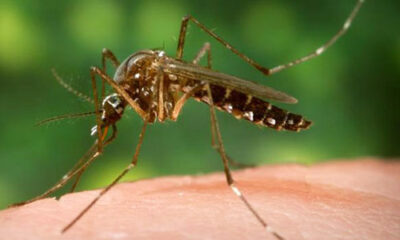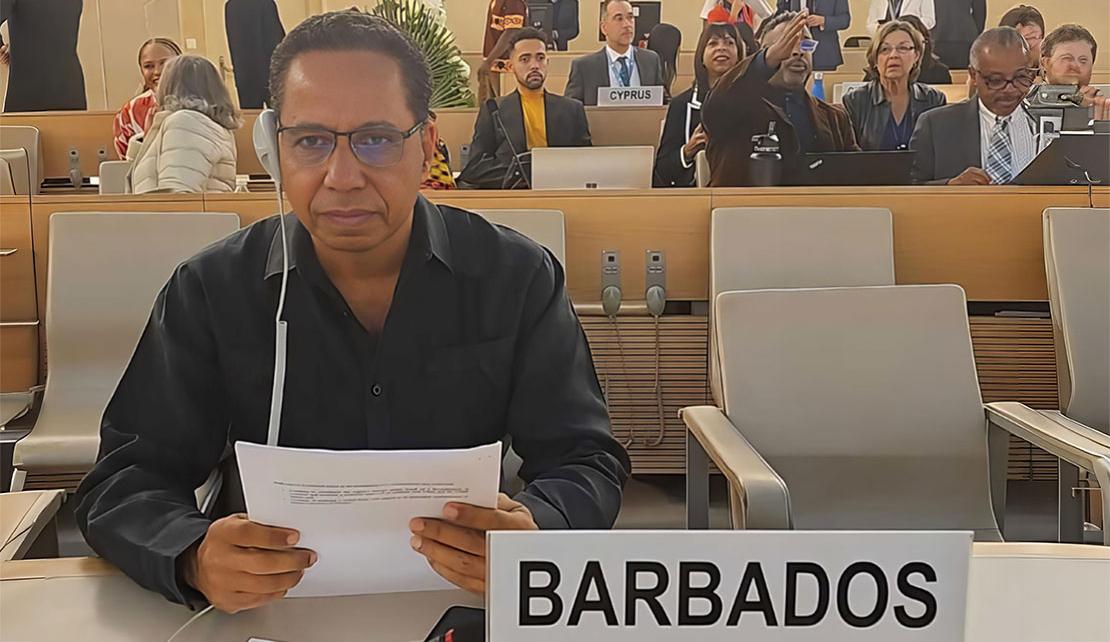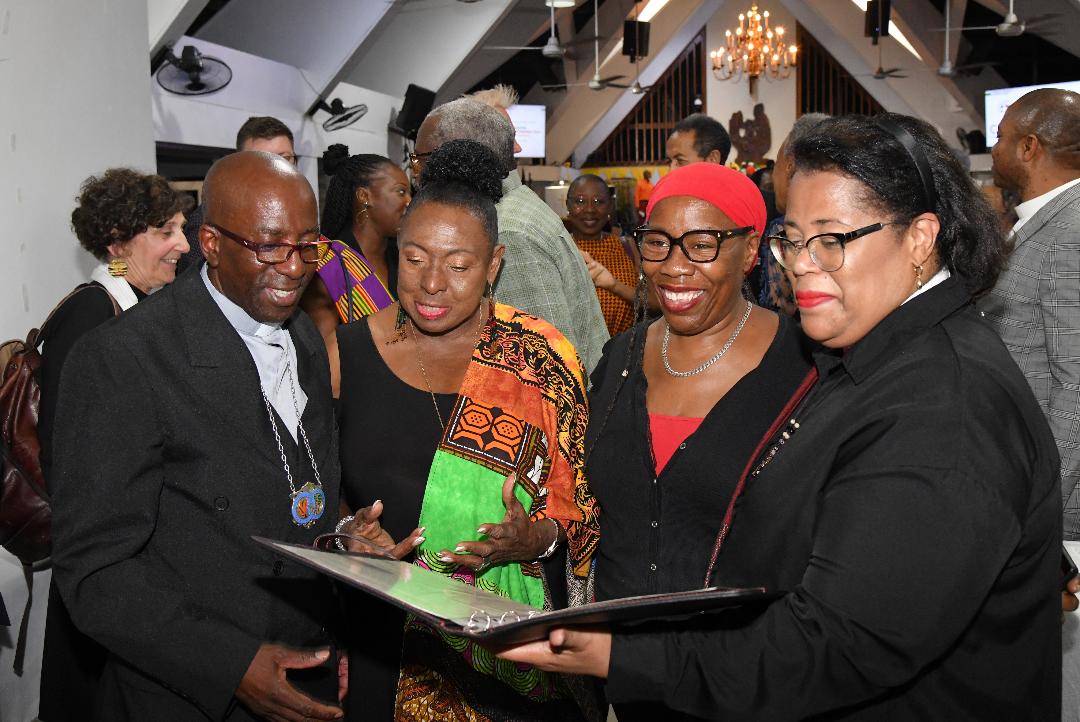#Kingston, June 27, 2018 – Jamaica – Two hundred and eight young men from communities across the island received their certification on Tuesday (June 26), having successfully completed one year of service in the Jamaica National Service Corps (JNSC) programme.
The privates, representing the first intake of JNSC batch 1701, completed four phases of rigorous training covering basic, intermediate and infantry exercises and on-the-job instruction with the Jamaica Defence Force (JDF). Six privates, who were outstanding in performance, are currently in Canada receiving training under an accelerated programme to become commissioned officers.
 In his keynote address at the certification ceremony at Up Park Camp in Kingston, Prime Minister, the Most Hon. Andrew Holness, noted that the JNSC was conceptualised to equip young men and women of Jamaica with important life skills to ensure their own success as well as that of their families.
In his keynote address at the certification ceremony at Up Park Camp in Kingston, Prime Minister, the Most Hon. Andrew Holness, noted that the JNSC was conceptualised to equip young men and women of Jamaica with important life skills to ensure their own success as well as that of their families.
“It will allow our young people to achieve their highest potential, and, more importantly, empower youth and instil a deeper sense of ownership and pride in ‘Jamaica Land We Love’,” he said.
Mr. Holness noted that many of the graduates will be retained by the JDF and others engaged by the Jamaica Constabulary Force (JCF), the Jamaica Fire Brigade (JFB), as well as the private sector.
“The training… and the exposure that you have received should now be internalised, so that you can hold your head up high wherever you go, that you can become a leader and a role model in your community, because the country has invested in you,” he said.
The Prime Minister added that the programme is “assisting in creating the society that we want, creating the young men that we need, who will be better parents, better fathers, better workers and better citizens”. He urged the graduates to “live a life that we can all be abundantly proud of” and thanked the JDF for successfully collaborating with the Government on a programme that will imbue the graduates with “the wherewithal to go out into their communities, parishes and world to make a difference”.
Chief of Defence Staff, Major General Rocky Meade, for his part, said the lessons learnt over the past year will enable the graduates to become agents of change in all spheres of their lives. He said the JNSC has been successful, as it has enabled the JDF to achieve its goal of developing a cadre of young people “who are now capable of transforming the Jamaican society”. He assured that many others will be trained.
 The JNSC is part of the Learn, Earn, Give and Save (LEGS) Programme, and aims to create an avenue for young people, ages 18 to 23, to be fully empowered through national service. It falls under the Government’s Housing, Opportunity, Production and Employment (HOPE) initiative, targeting job and training opportunities for unattached young people.
The JNSC is part of the Learn, Earn, Give and Save (LEGS) Programme, and aims to create an avenue for young people, ages 18 to 23, to be fully empowered through national service. It falls under the Government’s Housing, Opportunity, Production and Employment (HOPE) initiative, targeting job and training opportunities for unattached young people.
The graduates completed basic recruitment training covering areas such as drill execution, basic first aid, basic map reading and small unit tactics; intermediate training in basic conflict resolution, language and mathematics skills, time management and data entry and retrieval; and infantry training covering internal security operations, land navigation, operating service weapons and use of radio and voice procedures to communicate.
They also received on-the-job instruction in ceremonial activities and deployment on operational duties, which involved supporting the national security operations in the Zones of Special Operations (ZOSO) and the State of Emergency. A charity component to the training saw the privates participating in fundraising 5K races.
Release: JIS


 News1 day ago
News1 day ago
 Health1 week ago
Health1 week ago
 Caribbean News3 days ago
Caribbean News3 days ago
 Caribbean News6 days ago
Caribbean News6 days ago
 Health1 week ago
Health1 week ago
 Caribbean News6 days ago
Caribbean News6 days ago
 Bahamas News4 days ago
Bahamas News4 days ago
 Caribbean News1 week ago
Caribbean News1 week ago









